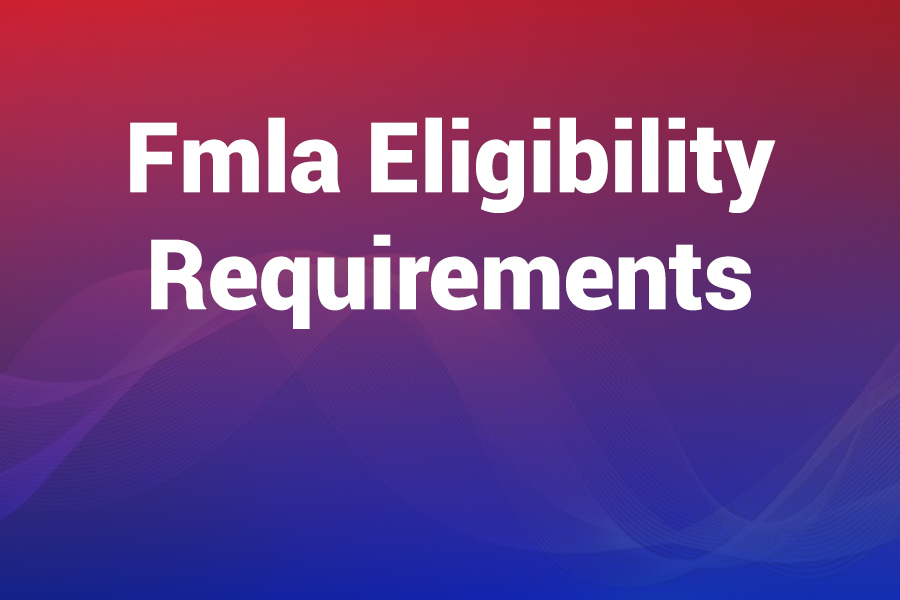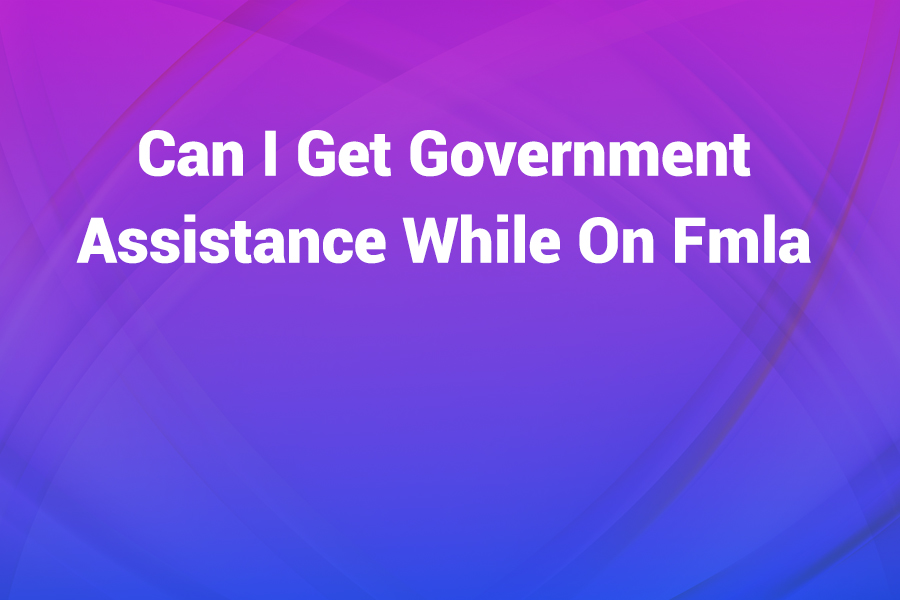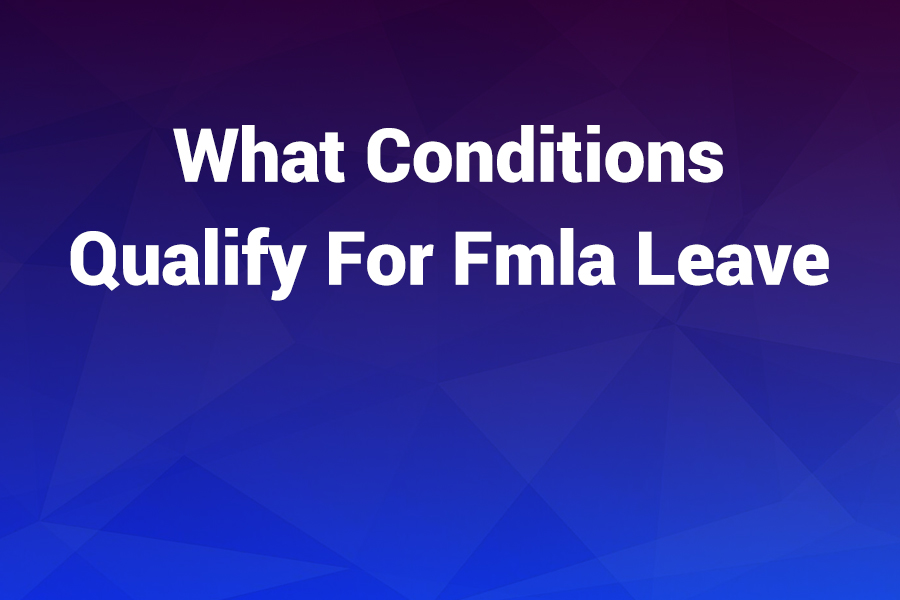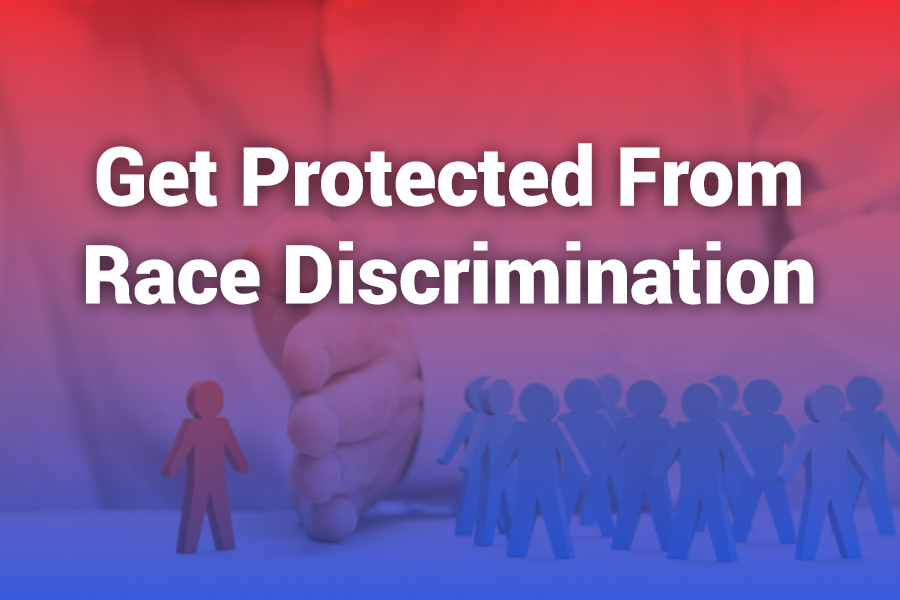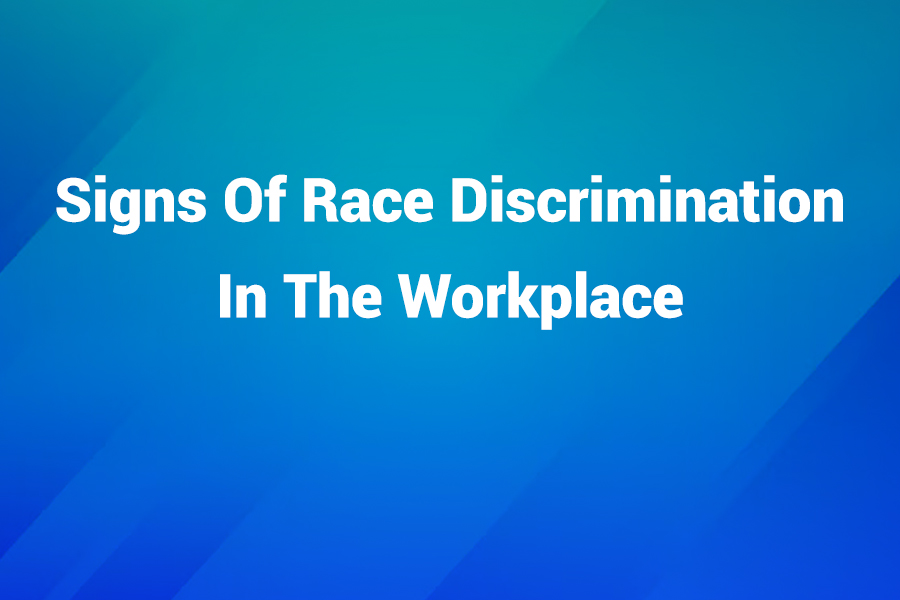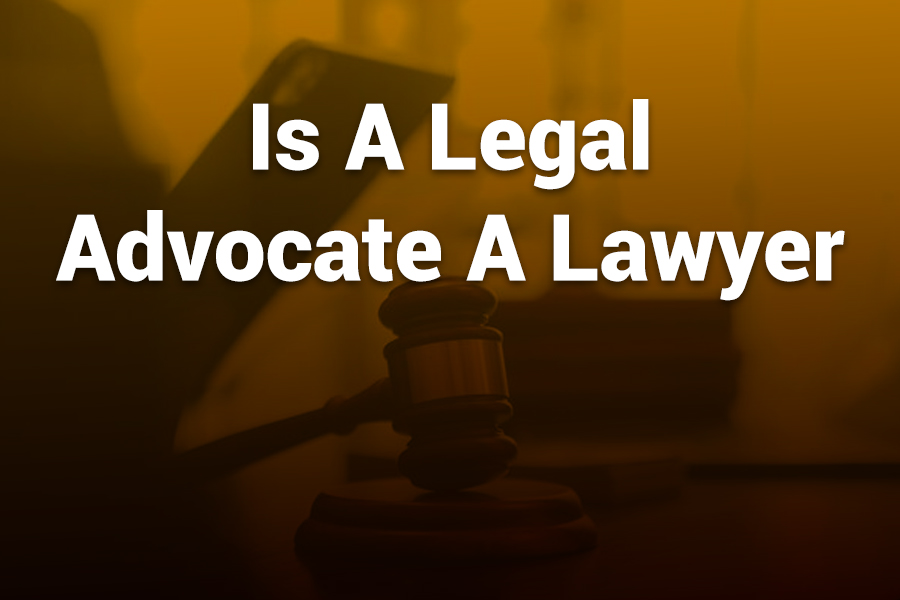
The short answer depends on where you live and how the term is used. In the United States, “legal advocate” is a flexible label that may describe a licensed attorney or a trained nonlawyer who supports clients in specific settings. In countries like India, “Advocate” is a protected title that means a licensed lawyer with a right of audience in court.
Understanding these distinctions protects your rights, clarifies who can represent you, and helps you choose the right professional for your legal problem. In this article, you will learn the precise U.S. meaning of “legal advocate,” how it differs from “lawyer” and “attorney,” where nonlawyer advocates do important work, and when you need a bar-licensed attorney.
What “Lawyer,” “Attorney,” and “Advocate” Mean in the U.S.
In everyday American conversation, people treat “lawyer” and “attorney” as synonyms. In practice, a lawyer is someone educated in law, while an attorney (attorney at law) is licensed by a state bar and authorized to practice law on behalf of clients, including in court.
Most working U.S. lawyers are also attorneys because they have passed a bar exam, satisfied character and fitness requirements, and maintain an active license. The title “advocate,” by contrast, is not a formal licensing category in the U.S. It describes activity—advocating for a person’s legal interests—rather than a state-regulated professional tier.
A “legal advocate” in America might be a licensed attorney, an accredited representative in immigration matters, a domestic-violence advocate who assists with safety planning and court accompaniment, or a benefits navigator helping with paperwork and appeals. The key is scope: only licensed attorneys (and a few narrowly authorized nonlawyer categories) may give legal advice and represent clients in most courts.
Why the Word “Advocate” Confuses People
The word carries different weights across legal systems. In U.S. English, we use “advocate” widely: trial lawyers “advocate” in court; policy groups employ “advocates” to push for legislative change; nonprofits hire “legal advocates” to help survivors, tenants, or veterans. None of those job titles, on their own, guarantee bar licensure.
But in several common-law countries, “Advocate” is a protected title roughly equivalent to “barrister” or “attorney.” That global variance fuels online confusion. You might read that “an Advocate is a lawyer,” which is accurate in India or South Africa, yet misleading if you assume the same rule applies in New York, California, or Texas.
In the U.S., the safe assumption is simple: confirm licensure for anyone who will give you legal advice, sign pleadings, appear for you in court, or negotiate legal rights on your behalf.
When a Legal Advocate Is a Lawyer in the U.S.
A legal advocate is a lawyer when the person holds an active law license. You can verify that by checking a state bar directory. Licensed attorneys may use designations like “Esq.” and typically list the jurisdictions where they are admitted. Many attorneys work under titles that emphasize advocacy—public defender, prosecutor, civil-rights attorney, victims’ rights attorney, legal aid attorney, corporate counsel—because advocacy is central to lawyering.
If your “legal advocate” drafts motions, gives strategy advice, or speaks for you in a courtroom, that role almost certainly requires licensure. In immigration, some nonlawyer accredited representatives can lawfully advocate before federal agencies or immigration courts, but they operate within strict accreditation rules and organizational sponsorship. Outside such carved-out programs, nonlawyers cannot practice law.
When a Legal Advocate Is Not a Lawyer in the U.S.
You will encounter valued professionals who advocate without being attorneys. Consider these common examples. Domestic-violence advocates guide safety planning, accompany survivors to seek protective orders, and help complete forms; they do not give legal advice or argue motions. Tenant navigators help renters understand notices, organize documents, and access rental assistance, but they do not represent tenants in eviction trials unless a jurisdiction specifically authorizes it.
Veterans’ service officers prepare disability claims and appeals within an accreditation framework; some are attorneys, many are not. Hospital patient advocates help families understand consent, billing, and appeal processes, but they do not practice law. These roles matter. They make the legal system approachable and humane. Yet, their advocacy has limits, and they refer clients to attorneys for strategy, representation, and court appearances.
U.S. Licensing Basics: How Someone Becomes an Attorney
Becoming an attorney in the U.S. follows a state-regulated path. Candidates complete legal education (usually a Juris Doctor), pass a bar exam or a recognized alternative pathway in a few states, satisfy character and fitness requirements, and then receive admission to practice. After admission, attorneys must meet ongoing obligations: annual or biennial fees, continuing legal education, and strict ethical rules.
These obligations protect clients and courts by ensuring competence and accountability. That is the crux of the difference: advocacy describes what someone does; a law license governs what someone may lawfully do for another person in legal matters.
Recent U.S. Snapshot: How Common Are Lawyers and Where Do They Work?
As of the mid-2020s, the United States has well over one million actively licensed attorneys nationwide, serving individuals, businesses, and governments. A large share work in private practice across small firms and large national law firms.
Others serve as prosecutors and public defenders, state agency counsel, federal lawyers, judges’ law clerks, and in-house counsel. Legal aid and public-interest organizations employ thousands of attorneys who represent low-income clients in housing, family, benefits, and consumer matters.
Law remains a significant professional workforce, with steady demand for court advocacy, compliance counseling, transactions, and dispute resolution. These figures help illustrate why you will meet many people who “advocate,” but only a subset hold the authority to represent you in a legal sense.
U.S. Terminology in Practice: Lawyer vs. Attorney vs. Counsel vs. Advocate
The words carry overlapping meanings, but their practical use hints at roles. “Lawyer” and “attorney” usually mean the same thing in the U.S., and both signal bar licensure in common speech. “Counsel” often describes an in-house role for a company or nonprofit, or it functions as a formal honorific for attorneys in court. “Advocate” is activity-focused.
You might advocate for a client in a negotiation as an attorney, or you might advocate for survivors as a trained nonlawyer at a nonprofit. When in doubt, ask two questions: “Are you licensed to practice law in this state?” and “What services are you allowed to provide?” Clear answers prevent misunderstandings about representation.
Jurisdiction Spotlight: India and Other Countries Where “Advocate” Equals Lawyer
In India, “Advocate” is a regulated, protected professional title. After earning a law degree, a person enrolls with a State Bar Council, meets eligibility rules, and—after the relevant examinations and procedures—gains the right to practice as an Advocate in courts. Courts there recognize “Advocates” as the primary courtroom representatives, similar to “attorneys” in the U.S.
That is why articles from Indian institutions state that “a lawyer becomes an Advocate” upon enrollment and authorization. If you read global content, always note the jurisdiction. What is true in Delhi is not automatically true in Denver. South Africa, Scotland, and other jurisdictions also use “Advocate” in a formal, protected way that feels different from American usage.
Ethics and Scope: What Only Licensed Attorneys Can Do
Only attorneys can provide legal advice tailored to a client’s facts, sign and file pleadings on behalf of a client, appear in most courts as counsel of record, and negotiate legal rights for another person. Nonlawyer advocates can explain general processes, help gather documents, and offer emotional and logistical support.
But they must stop short of telling a person what to do legally or speaking as the person’s legal representative, unless a law or program expressly authorizes it. Unauthorized practice-of-law rules exist to protect the public from incorrect advice and to ensure that advocates who speak for others are trained, supervised, and accountable. If a nonlawyer advocate seems to cross into legal advice, that person should refer you to an attorney.
Practical Checklist: Do You Need a Licensed Attorney or a Nonlawyer Advocate?
Use a simple filter based on your goal. If you need strategy, legal advice, negotiation, courtroom representation, or formal filings, hire a licensed attorney. If you need education, support, paperwork help, or accompaniment, a nonlawyer advocate may be perfect—especially when the issue involves safety, trauma, or access to services.
Consider a blended approach: work with a nonprofit advocate for day-to-day support and retain an attorney for court steps. Ask both parties to coordinate so you stay informed and avoid mixed messages.
Common Scenarios and the Right Type of Help
If you face criminal charges, you must rely on a licensed attorney—either a public defender if you qualify or a private criminal defense lawyer. If your matter involves divorce, custody, or support, a family law attorney can advise you and represent you in negotiations and hearings.
For a personal injury claim, a plaintiffs’ attorney can evaluate liability and damages and handle settlement talks or trial. For immigration benefits, you may choose between an attorney and a duly accredited representative at a recognized organization.
For a housing dispute, a tenants’ rights attorney can argue your case in court, while a housing advocate can help with forms, timelines, and resources. In each scenario, the person who speaks for you in front of a judge or signs legal filings should be a licensed attorney unless the rules make a narrow exception.
Education, Titles, and Credentials: JD, Esq., and Board Certification
A Juris Doctor (JD) is an educational degree. It does not, by itself, authorize practice. Passing a bar exam and gaining admission creates the attorney license. Many attorneys use “Esquire” or “Esq.” after their names, which signals licensure. Some states and professional boards offer certifications in specialties such as criminal trial, estate planning, family law, or personal injury.
Certification is optional, but it can signal depth of experience and focused training. When you vet a “legal advocate,” check for licensure first, then look for any specialty credentials that match your matter. Specialty certifications can help you identify seasoned litigators or counselors for complex cases.
Courtroom Representation and the Right of Audience
Courts control who may address the bench, file pleadings, and act as counsel of record. In the U.S., that right rests with licensed attorneys admitted to that court’s bar. Some courts allow pro hac vice admission, which lets an out-of-state attorney appear for one case with local counsel.
Nonlawyer advocates generally cannot argue motions, examine witnesses, or present evidence on another person’s behalf. They may sit with you, help organize exhibits, and provide comfort and practical support. Understanding the boundary between moral support and legal representation keeps your case safe and preserves your options on appeal.
Costs, Access to Justice, and How Advocates Complement Attorneys
Legal problems often collide with cost barriers. Many Americans earn too much to qualify for free legal aid but too little to afford market-rate counsel for lengthy disputes. Nonlawyer advocates expand access by helping with forms, deadlines, and referrals, which reduces what you must pay an attorney to do.
Some states pilot limited-license paraprofessional roles for narrow civil problems. These roles aim to close justice gaps while protecting the public. Whether you hire a lawyer or work with a nonlawyer advocate plus targeted attorney help, ask for written scopes of work and clear communication plans. Transparency lowers stress and helps you budget.
Red Flags and How to Vet Your “Legal Advocate”
Protect yourself with a few questions. Are you licensed to practice law in this state? What services are you authorized to provide, and where does your scope stop? Will you sign documents, negotiate on my behalf, or appear in court? If the person cannot answer clearly, proceed carefully.
Verify any claim of licensure by checking the appropriate state bar directory. If you work with a nonlawyer advocate in a specialized program, ask about the program’s accreditation and supervision. Good advocates welcome these questions because they value informed clients and know that clarity reduces risk.
The Bottom Line: Is a Legal Advocate a Lawyer?
In the United States, sometimes yes—when the person is a bar-licensed attorney using “advocate” to describe their work. Sometimes no—when the person is a trained support professional who cannot give legal advice or represent you in most courts. The label alone does not decide the answer.
Licensure does. If your matter requires legal advice, negotiation of rights, or courtroom representation, choose a licensed attorney. If you need education, paperwork support, or accompaniment, a nonlawyer legal advocate can be a powerful ally. In countries where “Advocate” is a protected title, that word itself signals licensure. Always check the jurisdiction and confirm the person’s credentials.
Key Takeaways for U.S. Readers
You should think in terms of authority and role. Advocacy is an activity. Attorney licensure is legal authority. A legal advocate may be a lawyer, but not always. The stakes rise with courtroom deadlines, enforceable rights, and binding settlements.
When stakes rise, your representative must be a licensed attorney. When you primarily need information, navigation help, or emotional support, a nonlawyer advocate can be exactly the right partner. Ask clear questions, verify credentials, and match the helper to the task.



